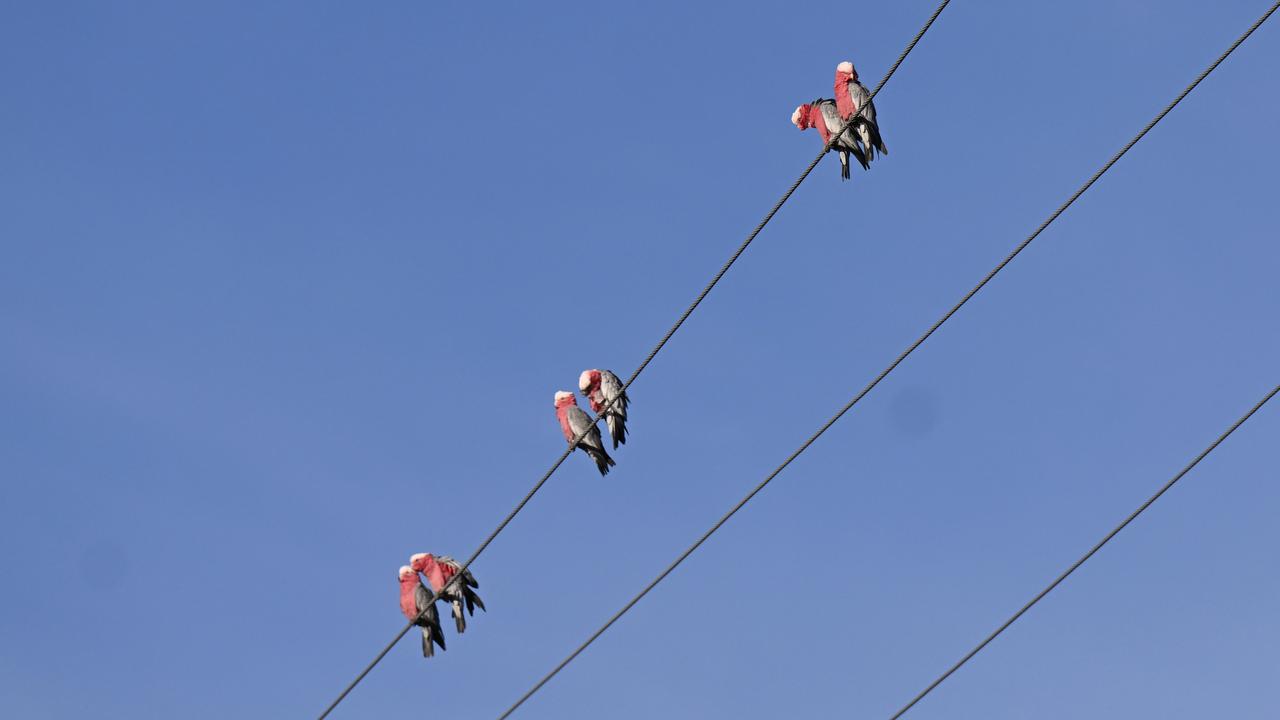
A wave of electrification could be coming as one in three home owners consider switching off their gas connections in the next decade.
For one in 10, the move to all-electric heating, cooking and hot water is on the cards within the next two years, according to surveying by Energy Consumers Australia.
“If this turns out to be true, there could be a large immediate shift towards electrification,” the report said.
Evidence of healthy appetites for electrification lands as political momentum builds behind more financial support for the switch, with all-electric homes cheaper to run and considered important to slashing emissions in homes.
Energy Consumers Australia general manager, advocacy and policy Brian Spak was surprised so many households were considering cancelling their gas connections.
While a money-saver in the long run, the high upfront cost of replacing gas appliances with electric versions remains a barrier.
Renters face the extra hurdle of convincing landlords it’s a worthy investment.
Yet Thursday’s survey of 4000 individuals suggests the task of switching off gas should be fairly straightforward and inexpensive for the quarter of households only using it for one primary use – either cooking, hot water or heating.
Victorian homes were the most likely to be equipped with all three primary gas appliances, leaving the state with the biggest uphill battle to electrification.

Mr Spak said it was important no households were left behind, especially low-income families, because those lagging would be stuck paying for an expensive gas network.
Household bills include the cost of distributing gas throughout the network through pipes and when there are fewer customers chipping in, those left pay more.
He said households facing barriers to switching gas to electric would need more financial assistance and incentives.
Both major parties have expressed interest in household electrification ahead of the federal election, due in May at the latest.
Last month, Energy Minister Chris Bowen directed the Australian Renewable Energy Agency (ARENA) to accelerate solar projects, including investments in energy efficient appliances.
The announcement was welcomed by organisations like the Australian Council of Social Service and Rewiring Australia, but they also urged ARENA to focus on households in greatest need of financial assistance.
A recent Renew Australia for All study drawing on CSIRO and Climateworks Centre research found households could save an average of $1579 a year with basic energy-efficiency upgrades, such as replacing gas with an electric hot water system and installing heavy curtains.







